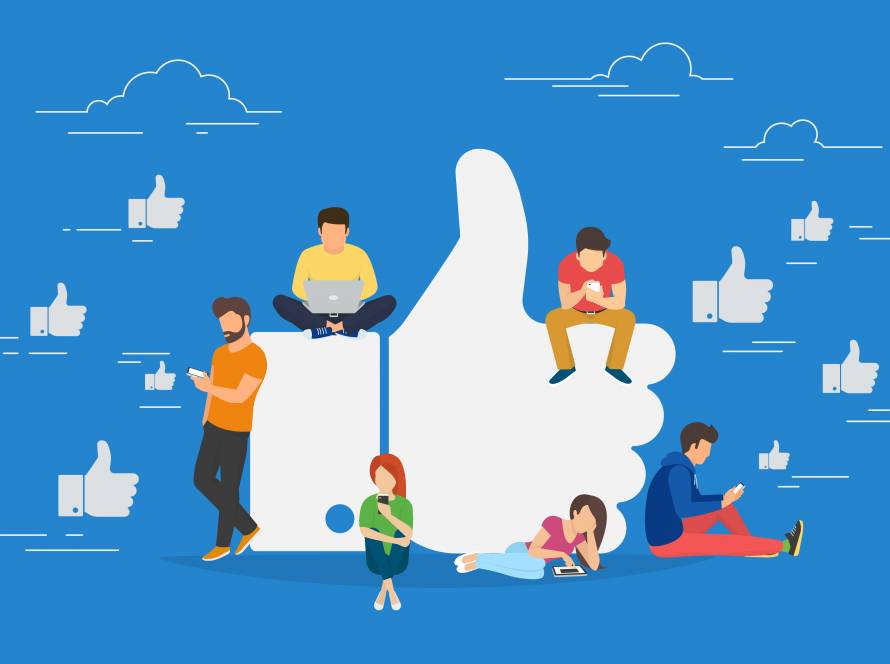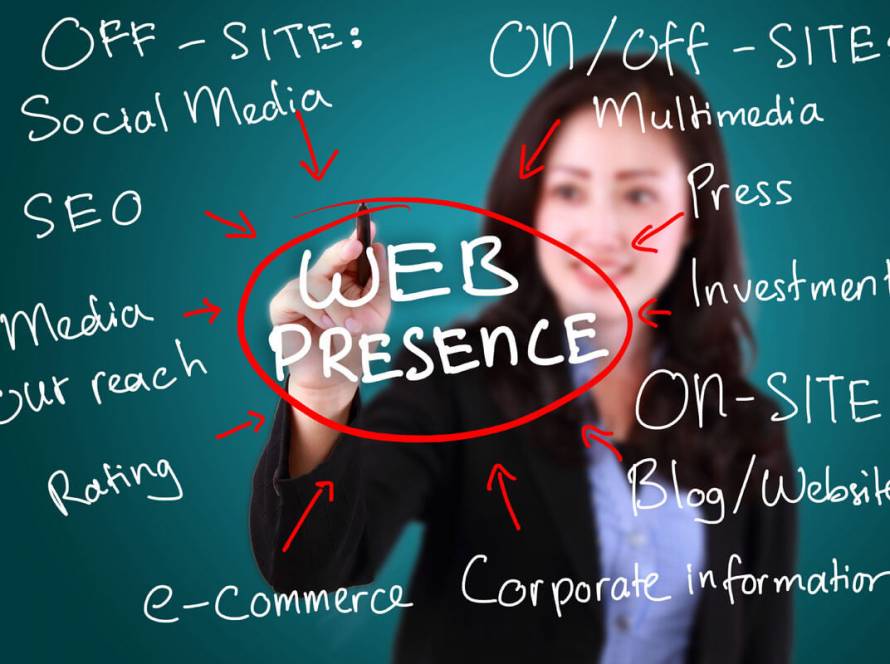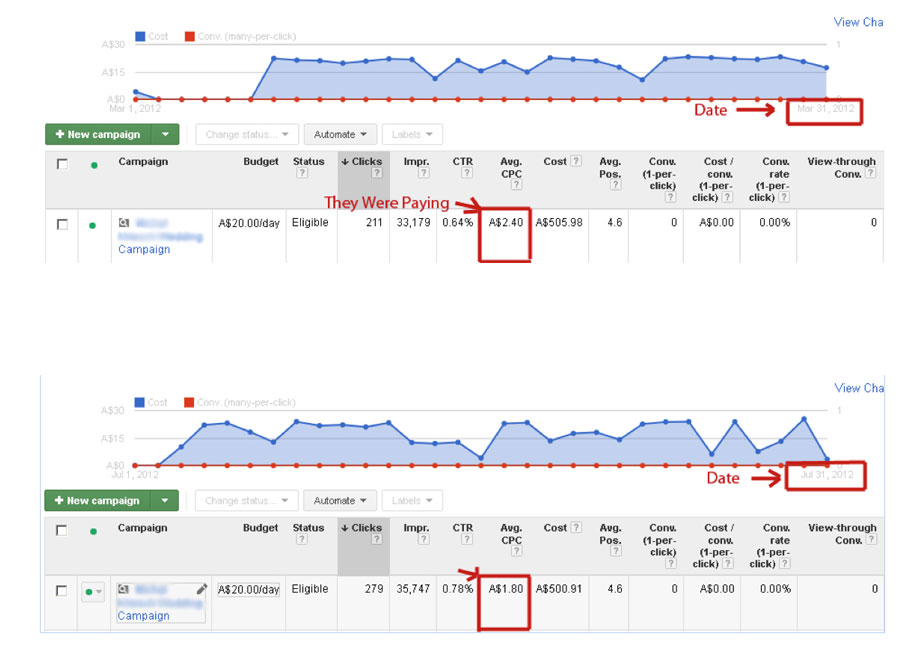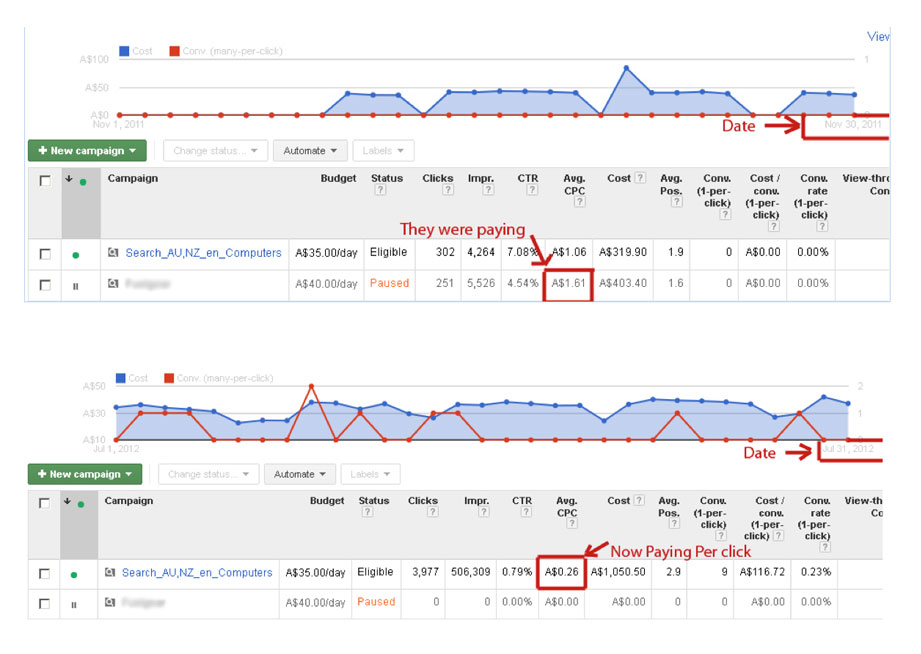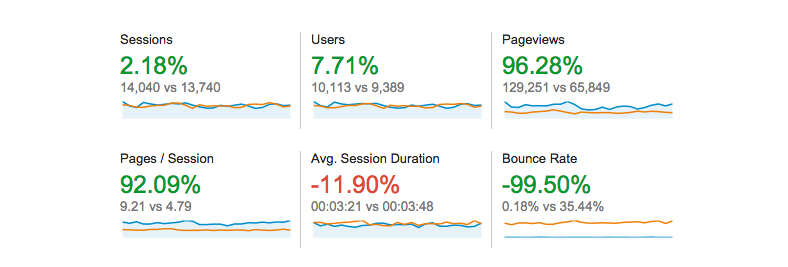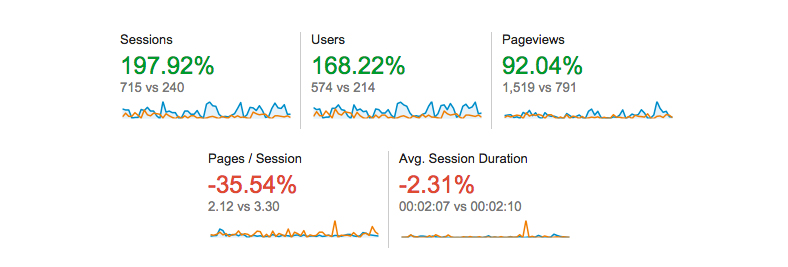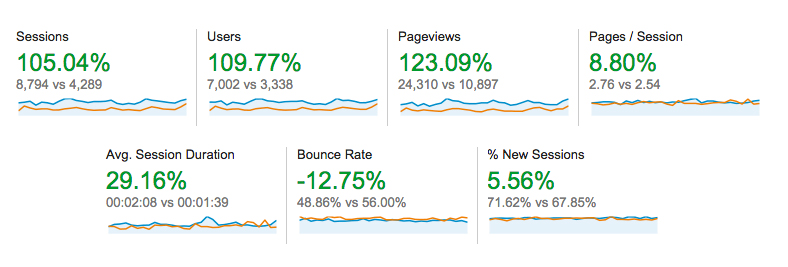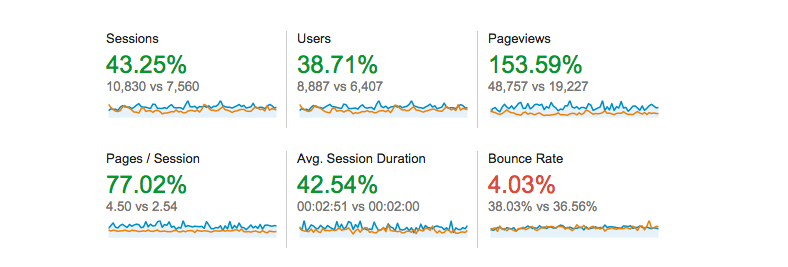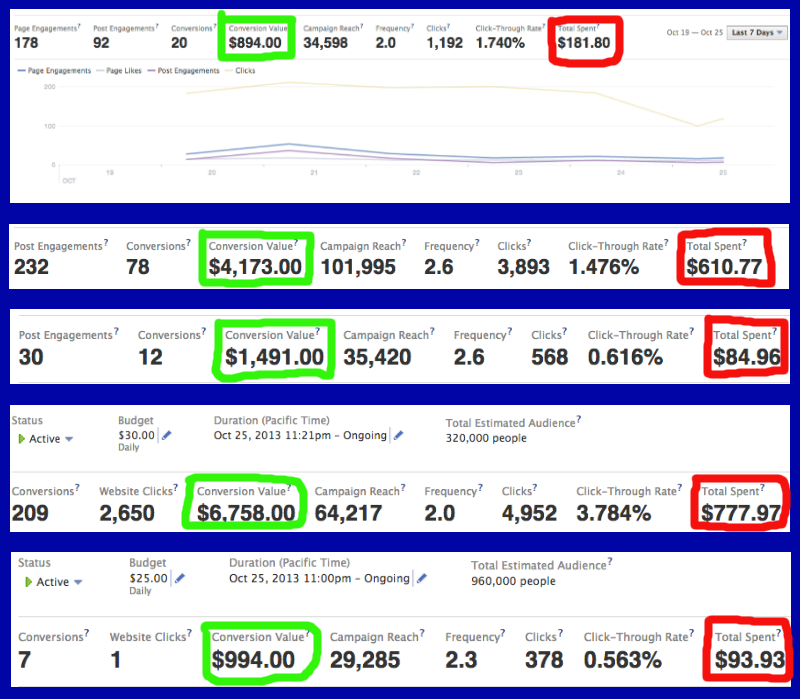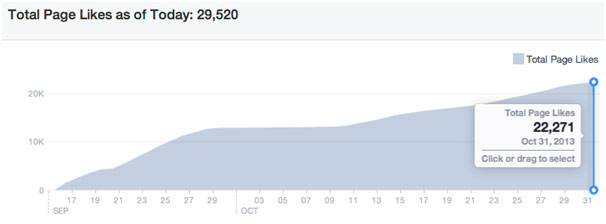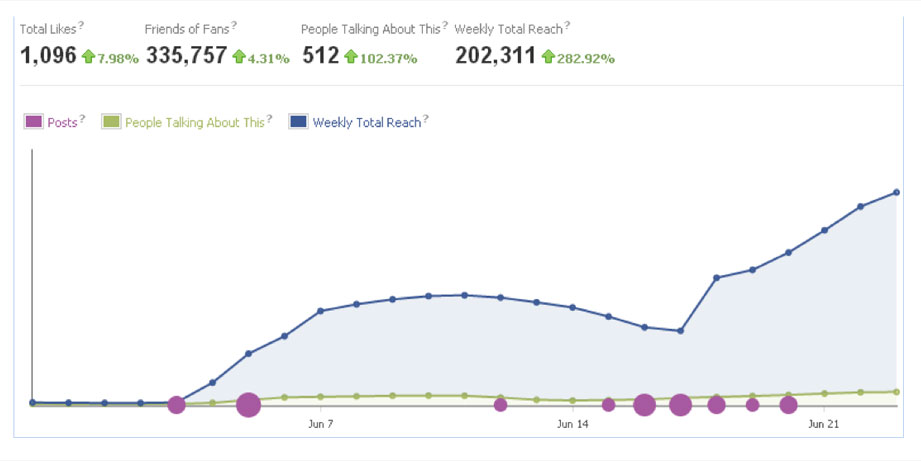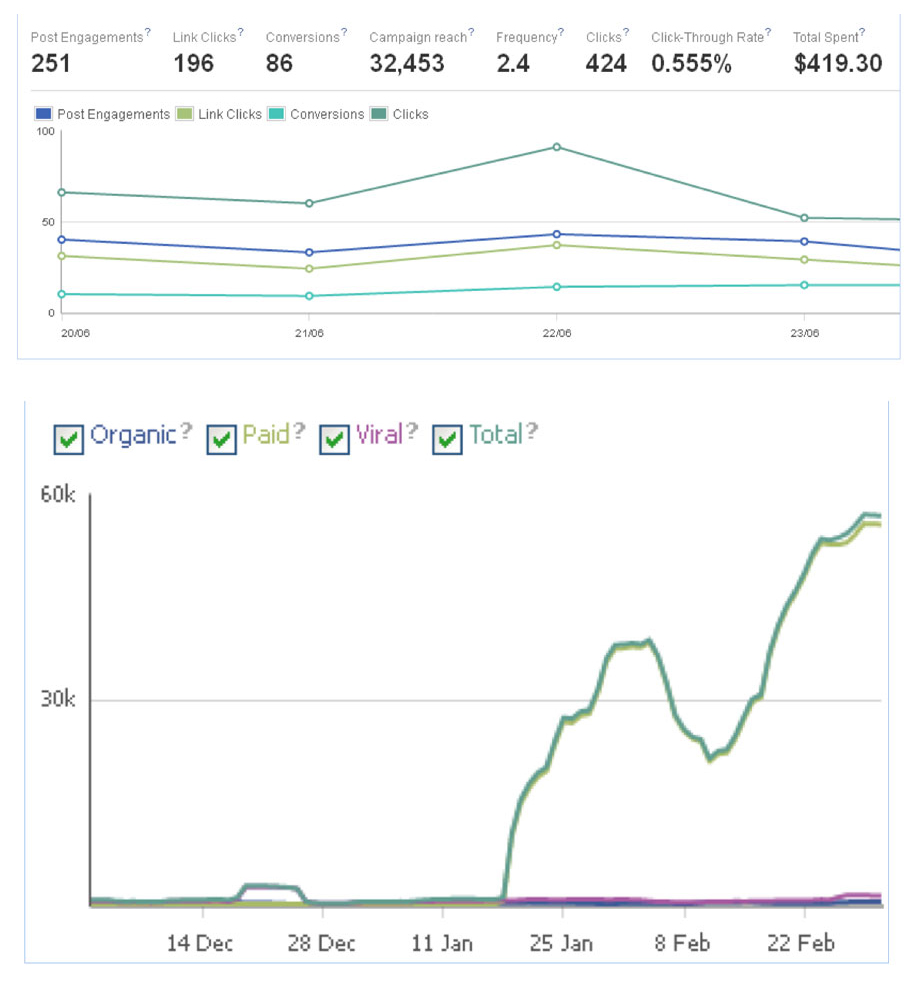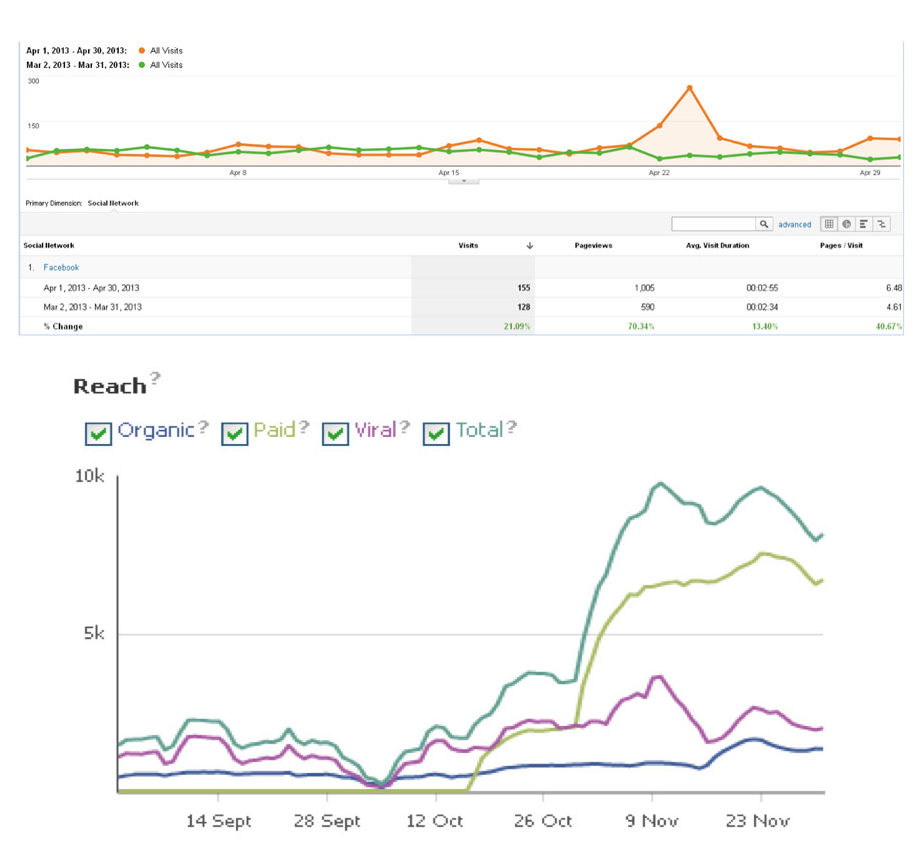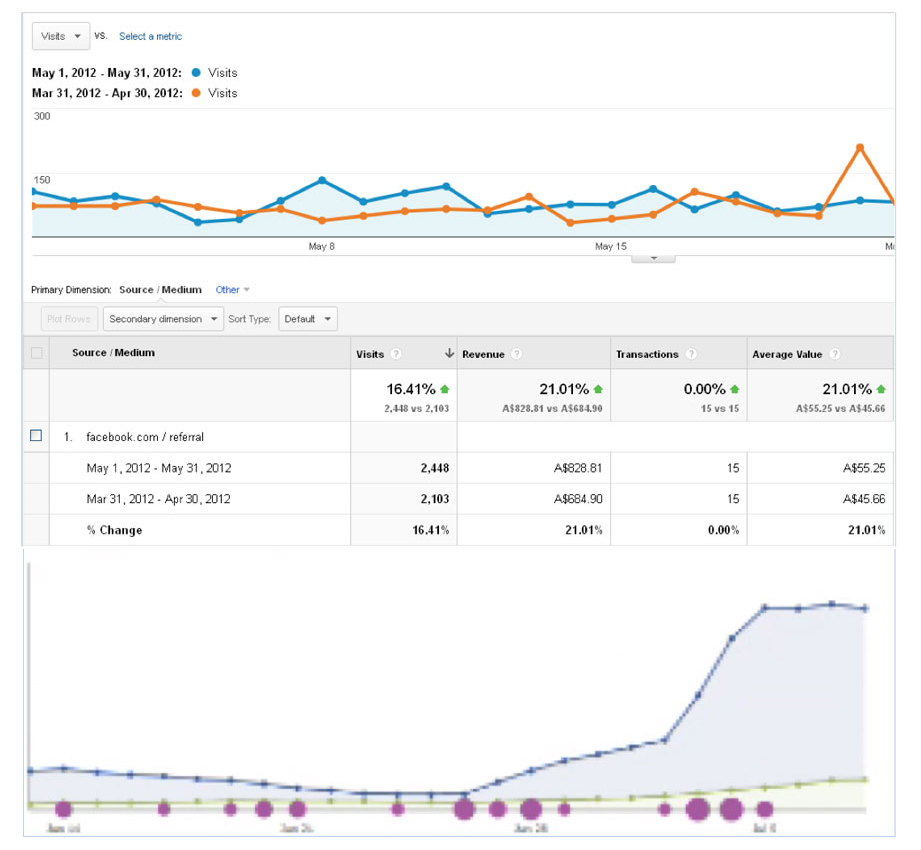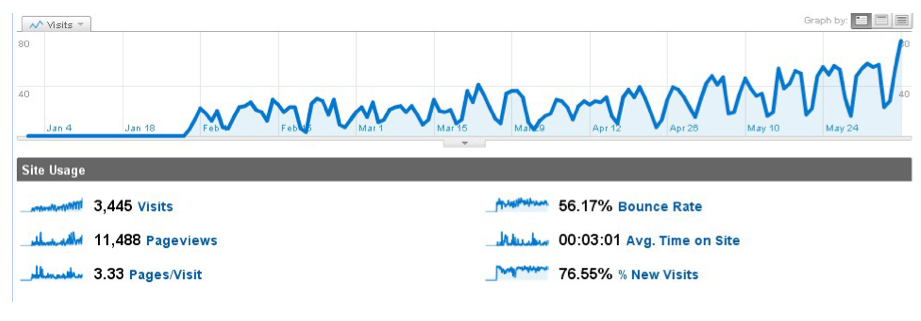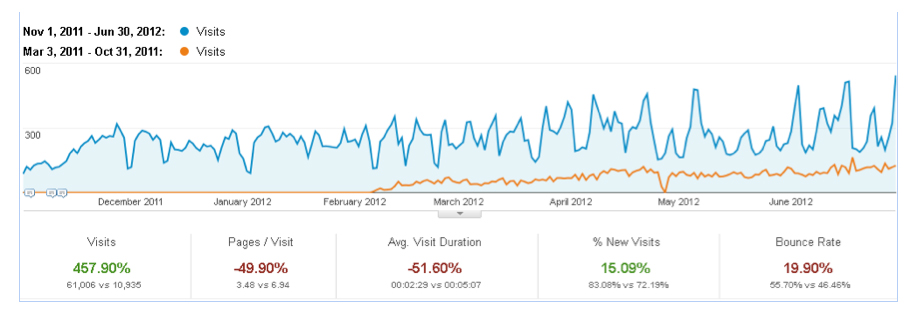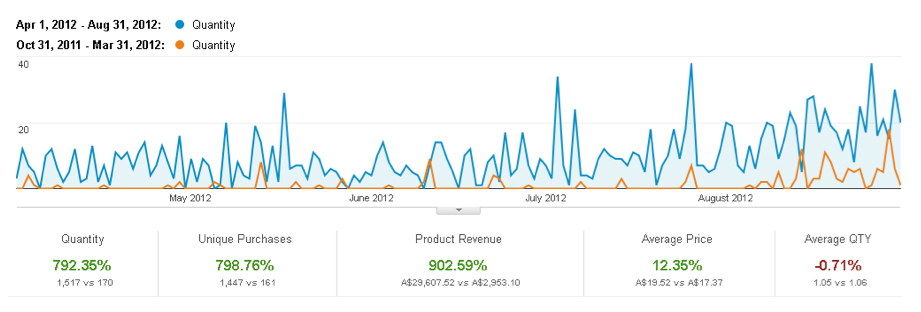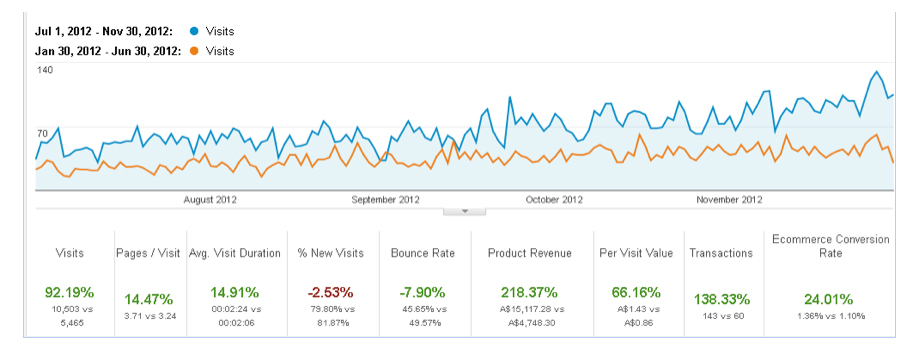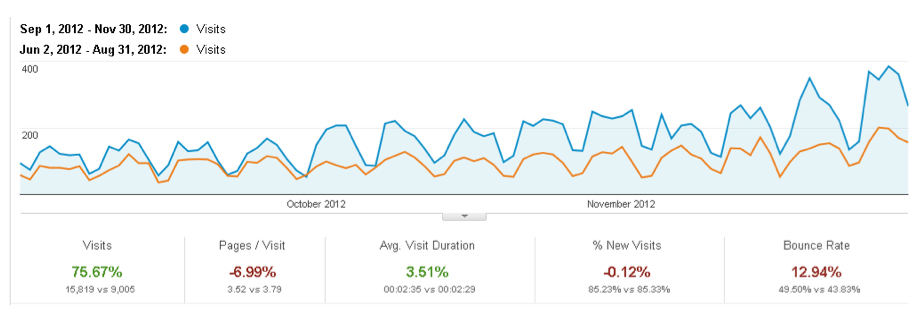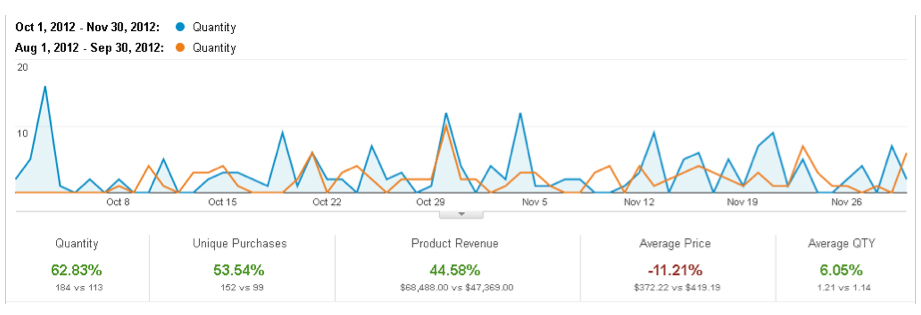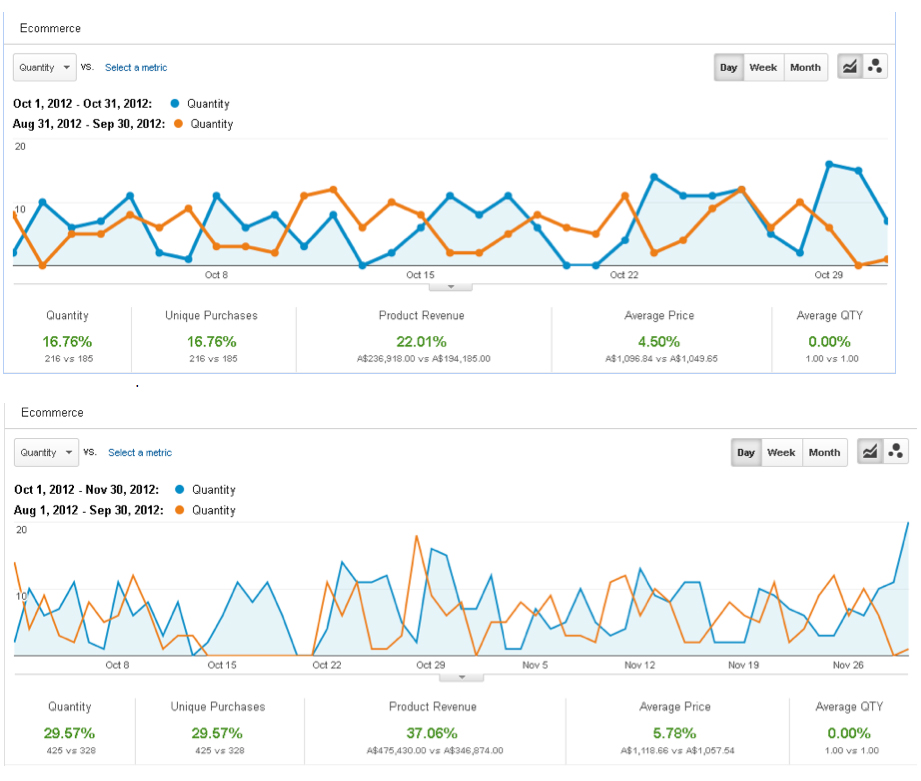Some may think that this election has been a bore but social media users beg to differ and instead have been illuminating Facebook and Twitter with Rudd and Abbott banter. As soon as you log into Facebook you are faced with direct advertising by the Labor party. Does this influence your vote, or do you simply sign in and ignore the advertising?

In Australia’s compulsory voting setting, politicians must show they are at least keeping up with the normality of social media, but instead have been largely using it as a broadcast channel. Instead of maximising the intimacy one can create with personal messaging and retweets, both parties have stuck to a compulsory one post a day.
Due to social media platforms high frequency of users and content turn over, this is simply not enough to capture the public’s vote, so how much is social media really contributing to voting this election?
According to research conducted by Social Media Analytics ‘NetBase’, quantified data from the 25th of August until the 1th of September, pulling data from multiple platforms, including Twitter, Facebook, comments from news sites and online forums all having mentioned either Tony Abbott or Kevin Rudd, have indefinably been influencing the public. As you can see below is a table that calculated the amount of mentions pulled from social media platforms.
| Candidate | No. Posts | Positive Mentions | Negative Mentions |
| Kevin Rudd | 35,253 | 7,380 | 9,200 |
| Tony Abbott | 38,364 | 6,722 | 8,020 |
This analysis into the Australian Election showed that although Tony Abbott had more mentions overall online, Kevin Rudd in this sample time period generated more negative and more positive comments, and overall was creating 11% more of an online presence and potentially influencing Australian voters decisions compared to Tony Abbott.
Despite revealing fewer positive and negative posts about Tony Abbott, results of social media analysis suggest that the online Australian public is more passionate about their views on the candidate. This is demonstrated by the larger amount of posts which mention Abbott, giving the candidate a much higher ‘passion intensity’ score by the Australian public and their discussions online.
The analysis also highlighted differing perceptions of the candidates as they relate to key election topics. For example, while Abbott outscored Rudd in net sentiment (the clean sentiment value of a brand digitally) in “leadership” and “trust” Rudd rated higher in relation to “vote” and “asylum seekers”.
| Topic | Candidate | Net Sentiment |
| Leadership
|
Kevin Rudd | -13% |
| Tony Abbott | 20% | |
| Trust | Kevin Rudd | -39% |
| Tony Abbott | 26% | |
| Same-sex marriage | Kevin Rudd | -25% |
| Tony Abbott | 4% | |
| Carbon Tax | Kevin Rudd | -48% |
| Tony Abbott | -10% | |
| Asylum seekers | Kevin Rudd | -6% |
| Tony Abbott | -69% | |
| Vote | Kevin Rudd | -6% |
| Tony Abbott | 9% |
Sky News political social media specialist, Thomas Tudehope, commented that Tony Abbott had made few mistakes on the campaign trail, and that was reflective in his social media rating as seen above.
Likewise Kevin Rudd, as noted by journalism professor David Maguire, has had limited time in which to develop a social media strategy and that he requested guidance from Barack Obama’s successful digital campaign advisers.
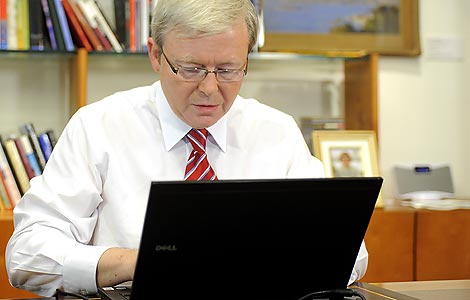
Rudd’s campaign will not compare to the forceful nature of Obama’s purely due to time and Australia’s temperament to swing votes in the compulsory electoral system.
Thomas Tudehope stated that, “It’s not unusual to see this level of negativity surrounding politicians and online commentary”. Especially as using social media as a tool to leverage political campaigns is still a very new strategy.
Additionally, social media may not be able to compete with the influence of mainstream mass media for political messaging. Television and print media will and has been more powerful due to the already high association of Television to provide news to the masses.
According to statistics late last year, 65 per cent of online Australians use social networks and log on for an average 9 – 18 minutes a day. So how do we account for the other 35 per cent who use other traditional media outlets like Television and print media? We simply can’t.

However we can say from judging each Official Facebook Fan Page, based on pure numbers Liberal is a sure winner with a fan base of 198,151 likes with 60,157 people sharing and having activity associated with the page, whilst Labor comes up short with 151,039 likes and 86,856 people having discussions on the page.
Has social media influenced your vote?


